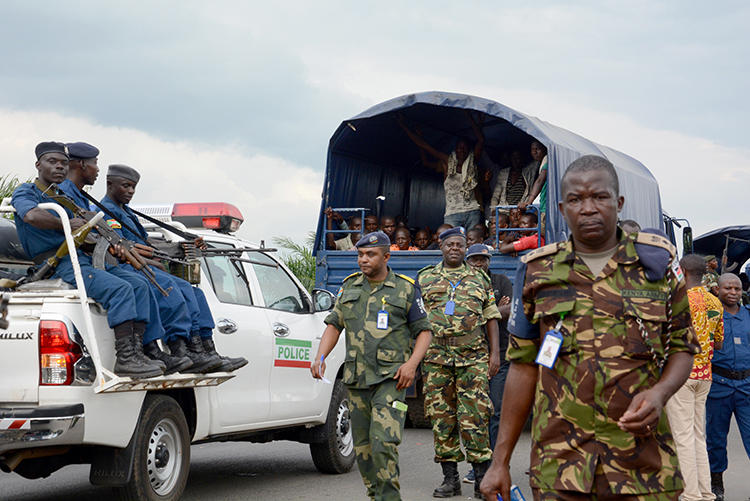On July 16, 2019, the British Broadcasting Corporation said it had closed its bureau in Burundi, more than one year after its transmissions had been banned in the country, according to a report by the broadcaster and a BBC statement sent to CPJ.
“We are suspending operations until further notice in response to the Burundi government actions against the BBC,” the broadcaster told CPJ in its emailed statement.
In May 2018, the Burundi government imposed a six-month broadcast ban on the BBC, alleging that it had breached local media laws and professional ethics, as CPJ reported at the time. The U.S. Congress-funded Voice of America broadcaster was also blocked at the time, CPJ reported.
In April 2019, the National Communication Council, Burundi’s media regulator, indefinitely renewed Voice of America’s suspension and withdrew the BBC’s operating license, accusing it of airing a false and slanderous documentary, according to CPJ reporting.
When reached by messaging app, Burundi government spokesperson Prosper Ntahorwamiye declined to comment to CPJ. National Communication Council President Nestor Bankumunzi also declined to comment on the closure of the bureau, or on the continuing bans on the BBC and Voice of America.
“I have nothing to say about that radio [the BBC],” Bankumunzi told CPJ via phone. “Last week they just decided to leave Burundi. So, I don’t have anything to say about that.”
According to CPJ research, conditions for journalists in Burundi have deteriorated since 2015, and the government has used threats, assaults, and arrests to intimidate journalists. One journalist, Jean Bigirimana, has been missing since 2016 and authorities have failed to carry out credible investigations into his whereabouts.
